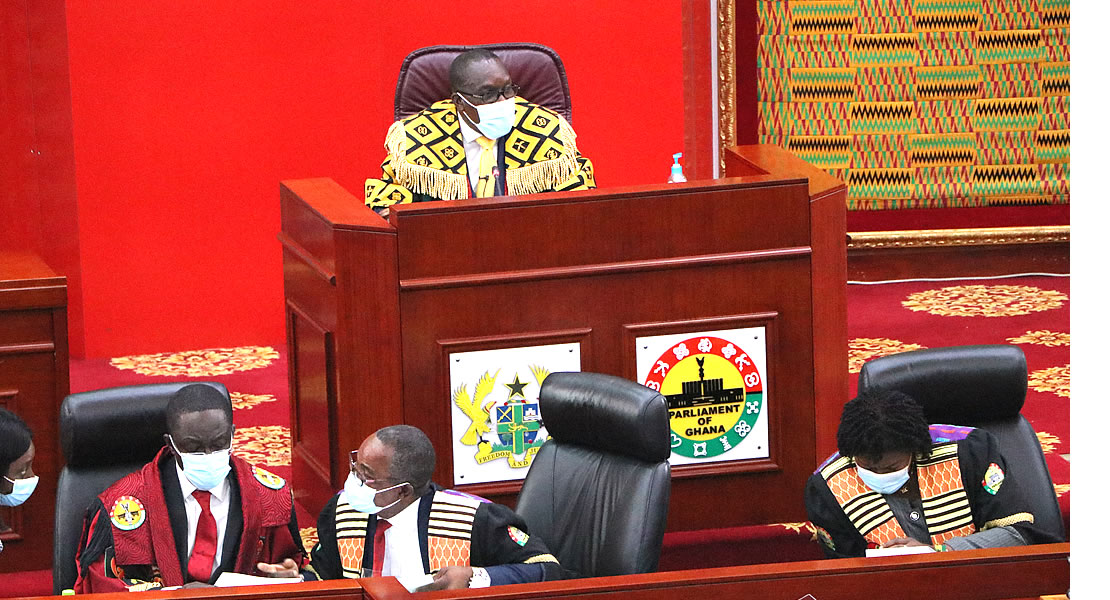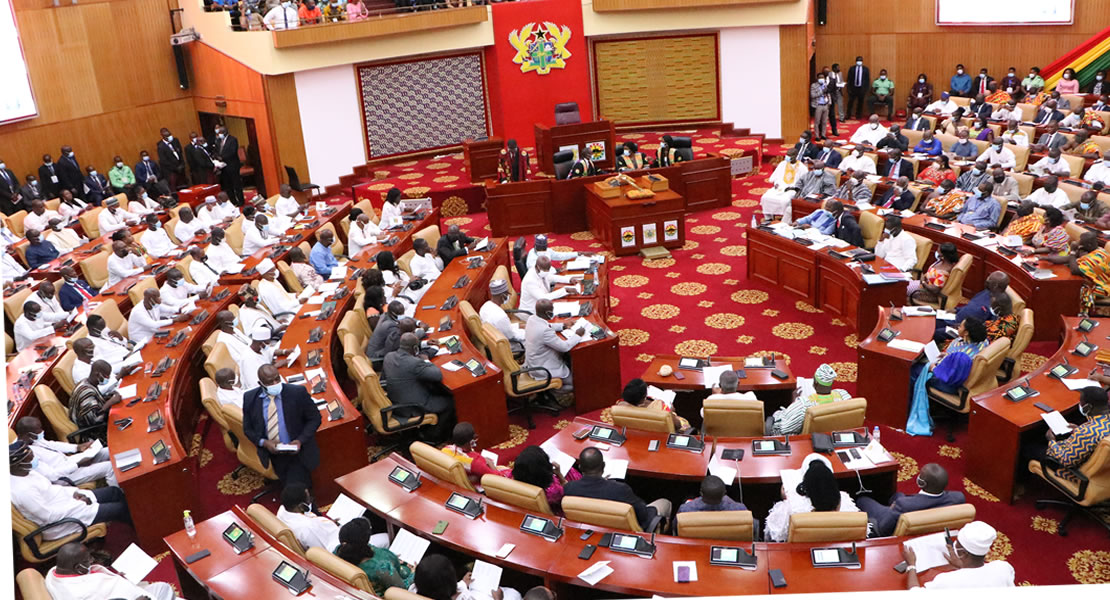
The Speaker of Parliament, Alban Bagbin has assured that the 8th Parliament would live to the true and core mandate and mission of Parliament.
He warned that he will not yield to pressure from any group or individual to make Parliament a ‘rubber stamp’ or obstructive body.
“As the foremost accountability institution in our constitutional system, Parliament’s role is to check-and-balance the Executive, not to obstruct or rubber stamp the Executive’s agenda. Parliament does its job, as it must, when it questions, investigates, reviews, and scrutinizes the Executive, its bills, its nominations, and its proposed agreements, and then proceeds to approve, to amend, or to reject them, as the case may be.”
Addressing the first sitting of the 8th Parliament on Friday, the speaker noted that there appears to be some amount of confusion and misunderstanding as to what the appropriate role of Parliament is in our constitutional system, particularly because of the winner-take-all politics.

That is to say that whenever Parliament is dominated by the same party that holds the Presidency and forms the Government, the common perception and expectation is that Parliament will automatically support the Government’s agenda, without regard to its merits, simply put, ” Government is entitled to have its way in Parliament.”
As such the current situation when neither of the parties has a majority nor minority in parliament is creating some uncertainty among the public with regards to their works.
However, “regardless of which party has the upper hand in the House, it would be wrong to see Parliament’s role as either obstructing or rubberstamping Government’s agenda. Parliament cannot discharge any one of its core mandates–deliberative, legislative, financial control, oversight, and representational–by being either obstructionist or a rubber stamp”, the Speaker noted.
The Speaker cited instances in the first parliament of the 4th Republic when Parliament played its role precisely despite not having a real opposition party. “Bills proposed by the Executive were not accorded routine, rubber-stamp treatment; they were subjected to close review, scrutiny, and modification, where necessary. A case in point is the bill that later became the law criminalizing “Causing Financial Loss to the State.” When it was introduced in the First Parliament, the bill as drafted had no “mens rea” requirement; it would have made “causing financial loss to the State” a strict liability offence. I recall, and the Hansard record will show, that the amendment to add the word “willfully” to the law came from the floor of the House.”
And added that with its almost total control of the House, the dominant Party at the time could have simply rubber-stamped the bill; but it did not.
Dominic Shirimori/Ghanadistricts.com